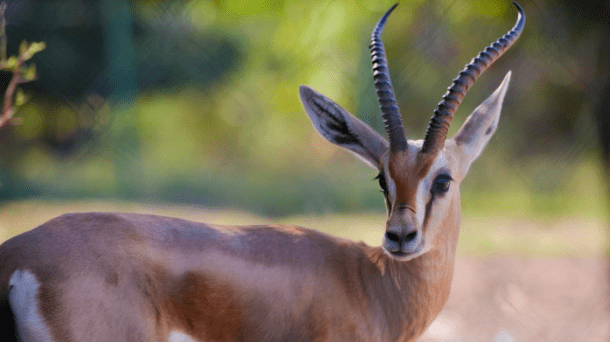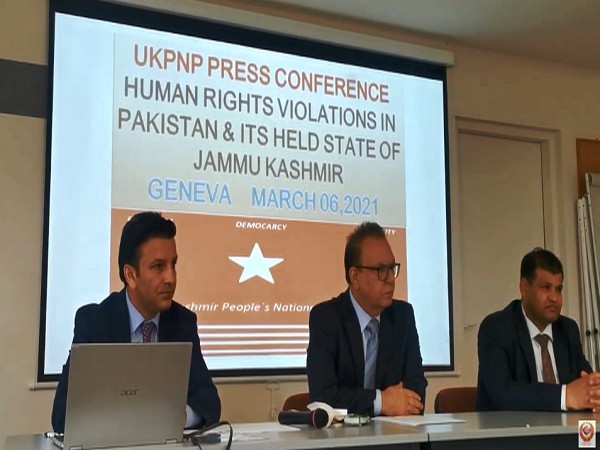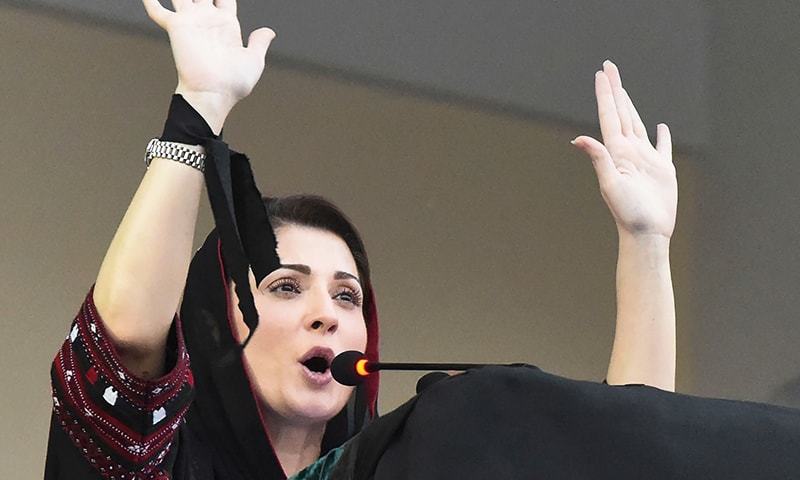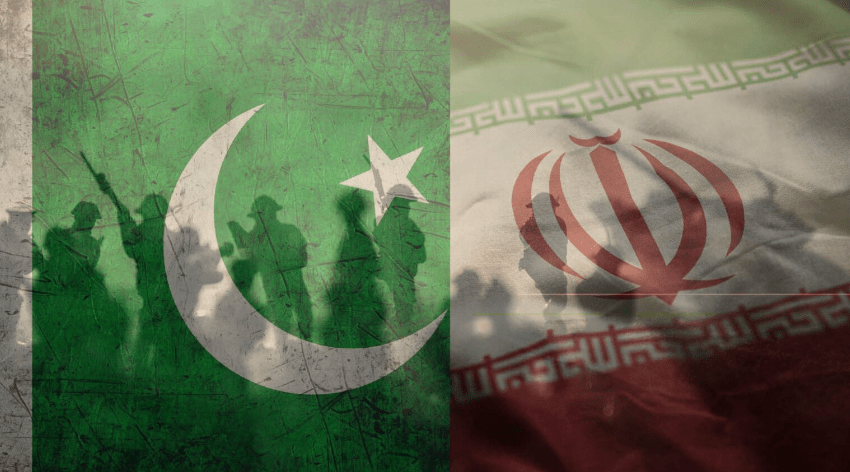Manager of Sudan Animal Rescue tells MEE Paramilitary forces have killed and consumed two deer, two gazelles, and one camel.
One camel and two gazelles were shot and taken by fighters from Sudan’s paramilitary Rapid Support Forces (RSF) when they stormed into a wildlife sanctuary outside of Khartoum, the sanctuary’s manager told Middle East Eye.
Sudan Animal Rescue’s CEO, Mansour Babiker Hamid, said that this was the second time in a week that the RSF had raided the zoo, robbing the animals of their fur and left the surviving personnel afraid.
Right present, the zoo has four employees, according to Hamid, who spoke to MEE. The RSF assaulted one of the zoo’s camels in order to devour it, according to Santino, who I talked to yesterday. He added, “The camel was shot and taken with them.
“The day before, a different group stormed the zoo, assaulted two deer, and took them away to eat,” Hamid claimed. The camel that was killed was a calf, and it was there with its mother. Also captured were two gazelles.
The capital of Sudan, Khartoum, is 35 kilometers away from Sudan Animal Rescue. According to Hamid, who called MEE, it is home to 26 lions, five hyenas, other wild cat species, ostriches, birds, monkeys, and reptiles.
The zoo’s personnel has tried to protect the animals and themselves ever since the Sudanese army and RSF started fighting on April 15th. Army airstrikes had already had an effect on the sanctuary before to the RSF intrusions, which badly interrupted the animals’ routines and affected electricity supply.
Lions could be able to flee.
The zoo’s electric fences that keep the lions in their enclosure have been impacted by power shortages. Although there are solar panels at the animal rescue center to offer backup power, they are not enough to keep the water pumps running, so the animals have also been without access to clean water.
The possibility of the lions escaping from their confines and wandering into the war-torn Sudan has also increased due to this very unstable power supply.
It has been quite challenging for the zoo employees to provide food and water for the wild animals.
According to Hamid, the 26 lions must consume 135 kilograms of meat each day between them. The manager and his team have put in a lot of effort to make sure that food and water are delivered from stores and institutions, primarily in the neighboring state of al-Jazirah, which is Khartoum.
Tankers bring water to us, according to Hamid. “Food is so difficult to get by.
In Sudan, there are some secure areas. To prepare meat for the animals, we contact several vendors, and they import it from the state of al-Jazirah. They are paid in cash or via a bank transfer. Any available meat, including cow, horse, and donkey, is used for the dish.
The deliveries are made regularly and originate from various sources. The food is delivered by automobile, and the drivers go to the zoo past army and RSF checkpoints.
The zoo had a truck of its own before the war, and it would go to various marketplaces to bring in supplies for the animals. In the early stages of the conflict, the RSF took the car.
Messages of need
Hamid has been frantically attempting to organize the safe transport of his animals from the zoo to a neighboring nation or a more secure area of Sudan ever since the conflict started. He has traveled the length of the Sudan, engaged in conversations with Ethiopian and Egyptian officials, and is attempting to gather money online.
“I have been pleading with international wildlife protection organizations for more than two months to transfer animals to a safe place or a neighboring country,” he told MEE.
However, we have not yet been able to relocate the animals, which makes their predicament very challenging. Given that these forces have begun assaulting the animals, this is harmful for both our creatures and the zoo’s staff.
Civilian sources in Darfur, Kordofan, and Khartoum have informed MEE that RSF fighters are dependent on robbing or using money taken from other people to buy food since they lack a reliable means of subsistence.
The zoo manager recently traveled to Port Sudan and Halfa, which is close to the Egyptian border. The official said, “I traveled to Egypt to meet with authorities there to organize transportation, but I am having trouble getting a visa to enter Egypt.
Hamid said he tried reaching out to important international organizations but had little luck. “The situation is getting worse day by day,” he said.
Middle East Eye requested a response to the charges in a letter to the Rapid Support Forces, but it never got one.








